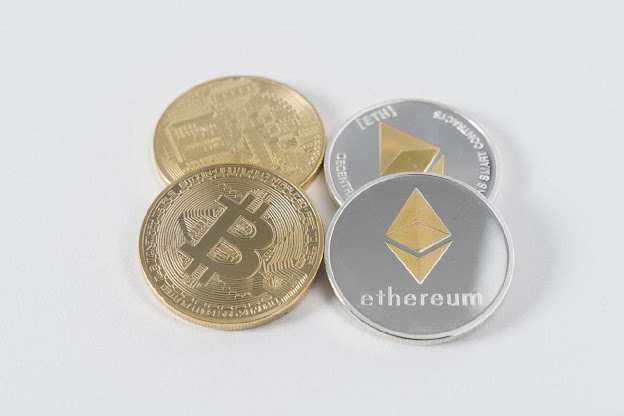Here is walk-through of
the 3 favourite new features in Android 11.
Conversation
Notifications.
The previous versions of android
would have notifications flowing through inconsistently, timely messages would
be hidden under less important app notifications. In Android 11 however,
notifications for conversations can be categorised into three’s where the most
critical messages always slide in at the top.
These categorisation
tiers also apply to specific conversations within different messaging apps.
(Notably, these are referred to as Conversations in the Android 11 settings
panel.) For instance, you can choose whether a beloved group text in Android
Messages gets priority over the ongoing thread with your immediate family in
WhatsApp. Long press on an individual conversation in the notification shade to
categorise it. If it’s classified a Priority, you’ll see a tiny, unique icon indicator
populate in the status bar when there’s a new message within that specific
thread.
Media
In previous Android
versions, if you were listening to music or casting videos on a nearby display,
your media controls would appear inside the notification shade. In Android 11,
they’ve been moved up so they’re stacked next to the Quick Settings.
Right now, you’ll have to
turn on Developer options to activate these new media controls. You can do that
by locating your phone’s build number in Settings > About phone, and then
repeatedly tapping on that until you see a pop up counting you down to
developer mode (about seven times). Your device will pop up a final alert to
let you know you’re a developer. Once that’s turned on, scroll down to the
Media section of the Developer Options (within Settings > System) and tap to
enable a feature called Media resumption.
Once you reboot your
device, you’ll see a widget-like version of the media controls pop up in the
Quick Settings bar when you listen to music. It works for apps like Spotify and
YouTube TV, and even for video viewed through mobile websites. Drag down on the
Quick Settings to expand it for more options, including the ability to toss
media playback over to a pair of headphones or another device.
Bubbles
for Conversation Entries
For the chatty among you,
Android 11 introduces universal chat Bubbles that any apps on your device can
use if they implement the feature. (Only Facebook Messenger was big into
bubbles as of this writing.) You can enable and disable bubbles through the
settings panel (Apps & Notifications > Notifications > Bubbles).
Bubbles work similarly to
Messenger’s original feature, Chat Heads, which has been a staple of the
Android version of the app since it debuted in 2015. As more messaging apps add
compatibility, you’ll see circular avatars pop up on the screen, one next to
the other, depending on the order they arrive.
Bubbles make it easier to
respond to a message without leaving the screen you’re on. They’re similar to
the direct reply feature introduced in Android 10, which enabled replies
directly within the notification shade. If you like Facebook Messenger’s Chat
Heads, you’ll like Android 11's Bubbles.



Comments
Post a Comment